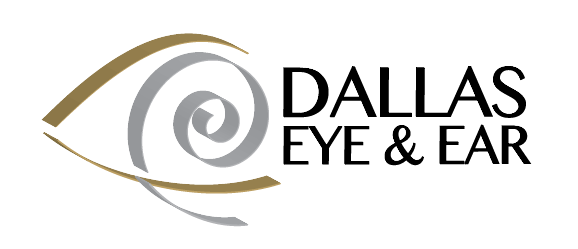Cataracts & Cataract Surgery: What You Need to Know
What are Cataracts?

We have a natural, normally clear, lens in each eye that helps us see by bending (refracting) light rays coming into the eye. A cataract is a clouding of this normally clear lens. Cataracts are a natural process and, at this time, an unavoidable part of aging.
Most cataracts develop slowly and don't interfere with your eyesight in the beginning. Dr. Burk will probably detect a cataract long before you notice it. However, cataracts will eventually interfere with your vision. Most often, cataracts develop in both eyes, but the cataract in one eye may develop faster than the other, creating different vision in each eye.
Risk Factors for Cataracts
- Increased age
- Diabetes
- Excessive exposure to sunlight
- Smoking
- Obesity
- High blood pressure
- Previous eye injury or inflammation
- Previous eye surgery
- Prolonged use of corticosteroid medications
- Drinking excessive amounts of alcohol
What are Some Signs of Cataracts?
- Blurry vision
- Night vision difficulties
- Difficulty distinguishing colors
- Glare and halos in vision
- Frequent changes in your glasses prescription
- Eyestrain
- Double vision
Seeing through cataracts can be like looking through a foggy window which can make it more difficult to read, drive a car, and see details like the expression on someone’s face.
Is Cataract Surgery Right for Me?
Surgery is required to remove cataracts. Consider surgery when your cataracts begin to affect your quality of life or keep you from doing the things you want or need to do. Cataract surgery can help restore your vision long before you experience loss of vision significant enough to interfere with your daily activities.

Fortunately, cataract surgery is generally a safe, effective procedure. Talk with Dr. Burk about whether surgery is right for you.
When Dr. Burk tells you that you have a cataract that should be removed, it may be frightening to consider. But, once you understand what a cataract is, how it will be removed, and the life-changing benefits cataract surgery can bring, you’ll likely wish you’d had the procedure sooner.
Cataract surgery is an outpatient procedure that will only take a few hours. When you arrive, your eyes may be treated with eye drops and anesthetic to minimize any discomfort during the operation.
During this routine operation, a small incision is made in the eye. Dr. Burk will use a tiny instrument (about the size of a pen tip) to remove your clouded lens. This can be done with an ultrasonic instrument that breaks up and gently removes your cloudy lens. Once this is accomplished, Dr. Burk will insert an artificial intraocular lens (IOL) into your eye.

Cataract Surgery is one of the safest, most effective types of surgery. It's also one of the most successful.
After you have decided that you will have cataract surgery, Dr. Burk will measure your eye to determine the proper power of the IOL (intraocular lens) that will be placed in your eye during surgery.
There are three basic types of IOLs, each designed for a specific corrective function:
Monofocal lenses - provide corrective power in only one segment of your visual range (typically distance vision)
Multifocal lenses - correct a range of vision, near through distance, or reduce astigmatism.
Specialty lenses
- Crystalens AO Lens - Unlike standard cataract replacement lenses, Crystalens AO lenses correct your cataracts and give you back your full range of vision. They flex like your eye’s natural lens, allowing you to see better at all distances.
- AcrySof® IQ ReSTOR® - These lenses are an advanced type of multifocal IO.
- Acrysof® IQ PanOptix® - Replace your clouded lenses with the first every trifocal lens.
